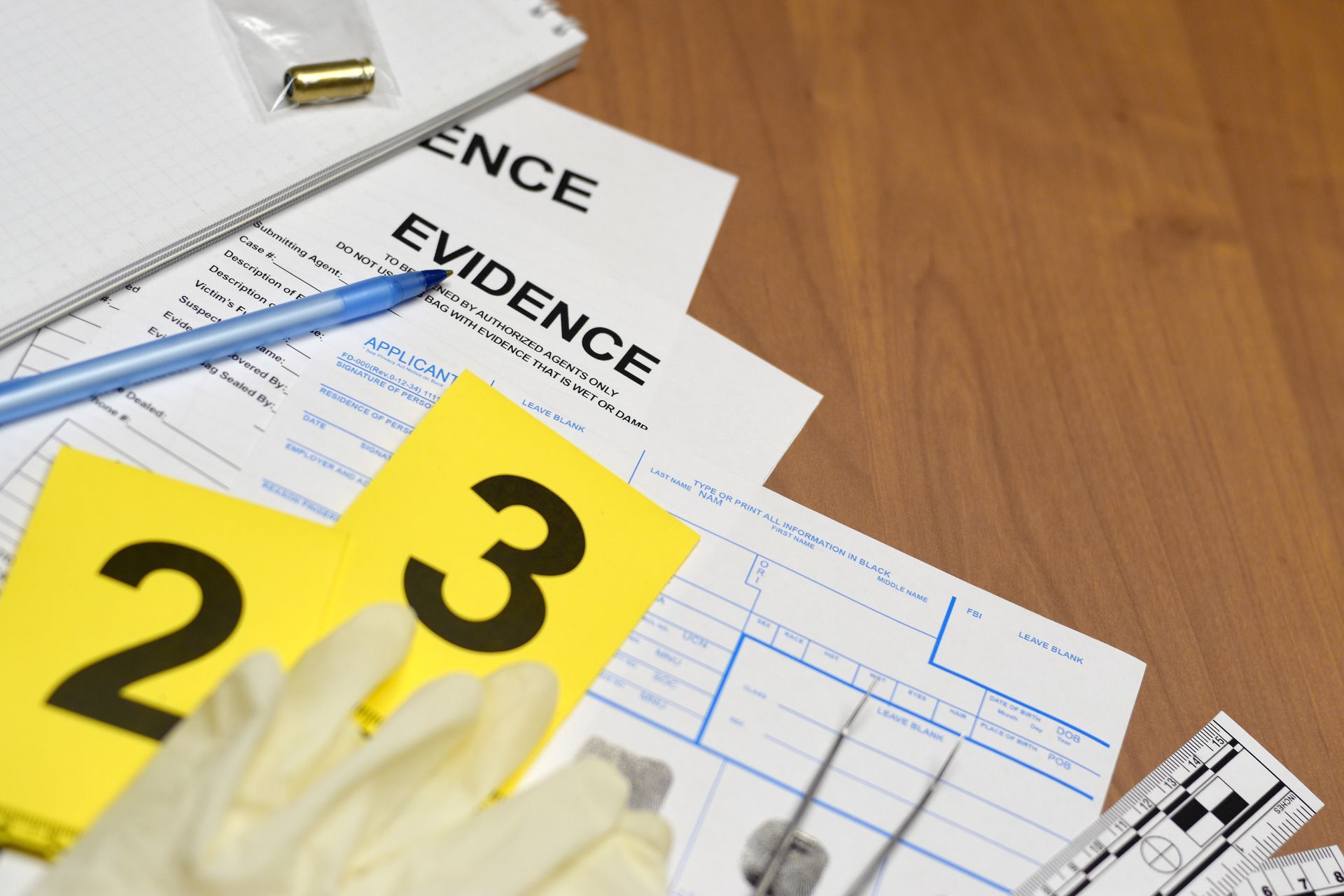What You Should Know About Assault and Battery Charges in Massachusetts
Being charged with assault and battery in Massachusetts can disrupt your life in ways you might not anticipate. These charges not only bring the possibility of jail time and fines, but they can also affect your job, personal relationships, and reputation. Understanding the charges against you and taking swift action is the best way to safeguard your future.
Defining Assault and Battery in Massachusetts
In Massachusetts, assault and battery are two distinct but closely related offenses. Assault refers to the act of threatening or attempting to cause harm to another person. Battery, on the other hand, involves intentional physical contact that results in harm. Many cases include elements of both, and the specifics of the incident will determine how the charges are categorized.
Types of Assault and Battery Charges
Not every assault and battery case is the same. These are some of the most common types of charges handled in Massachusetts courts:
- Simple Assault: Threatening or attempting to harm someone without making physical contact.
- Aggravated Assault: Involves serious injury, the use of a weapon, or harm directed at protected individuals such as police officers.
- Domestic Assault and Battery: Occurs between family members, spouses, or partners and often carries additional legal complications.
- Sexual Assault: Allegations of unwanted sexual contact, even without physical injury.
- First-Degree Assault and Battery: Severe and intentional physical harm causing significant injuries.
- Second-Degree Assault and Battery: Less severe but may involve repeated offenses or moderate harm.
- Each charge comes with its own set of legal challenges and potential penalties.
What to Do If You Are Charged
If you are facing an assault and battery charge, taking the right steps early on is vital:
- Remain Silent: Do not speak to law enforcement or investigators without a lawyer present. Statements made in haste can be misinterpreted or used against you.
- Contact a Defense Attorney Quickly: An attorney can guide you through the legal process and start building a defense tailored to your situation.
- Preserve Evidence: Collect any relevant information that can support your version of events. This might include text messages, photos, surveillance footage, or witness statements.
Penalties for Assault and Battery in Massachusetts
The legal consequences you face depend on the nature of the charge:
- Simple Assault: May result in up to 2.5 years in jail along with fines.
- Aggravated Assault: Carries felony status, with potential prison sentences of five years or more.
- Domestic Assault: May include additional outcomes such as restraining orders and limitations on child custody or visitation.
A conviction can also impact your ability to own firearms in the future and may create long-term hurdles in employment and housing.
Legal Options and Defenses
Several legal defenses may apply to assault and battery cases:
- Self-Defense: Demonstrating that you acted to protect yourself or another person.
- Lack of Intent: Showing that the incident was accidental or unintentional.
- Mistaken Identity: Providing evidence that you were not the person involved.
Careful analysis of the circumstances and evidence is necessary to determine the best path forward.
Support for Family Members
If someone you care about has been arrested for assault and is being held in New Bedford Jail or another detention facility, you can play an important role by:
- Contacting an attorney on their behalf to begin legal proceedings.
- Understanding the nature of the charges and the potential outcomes.
- Assisting in coordinating bail or advocating for their release.
Take Control of Your Case Today
If you are facing assault and battery charges in Massachusetts, having the right legal representation can make all the difference. Contact Brian D. Roman, Attorney at Law for a consultation to discuss your case and explore the steps needed to protect your rights and your future.











